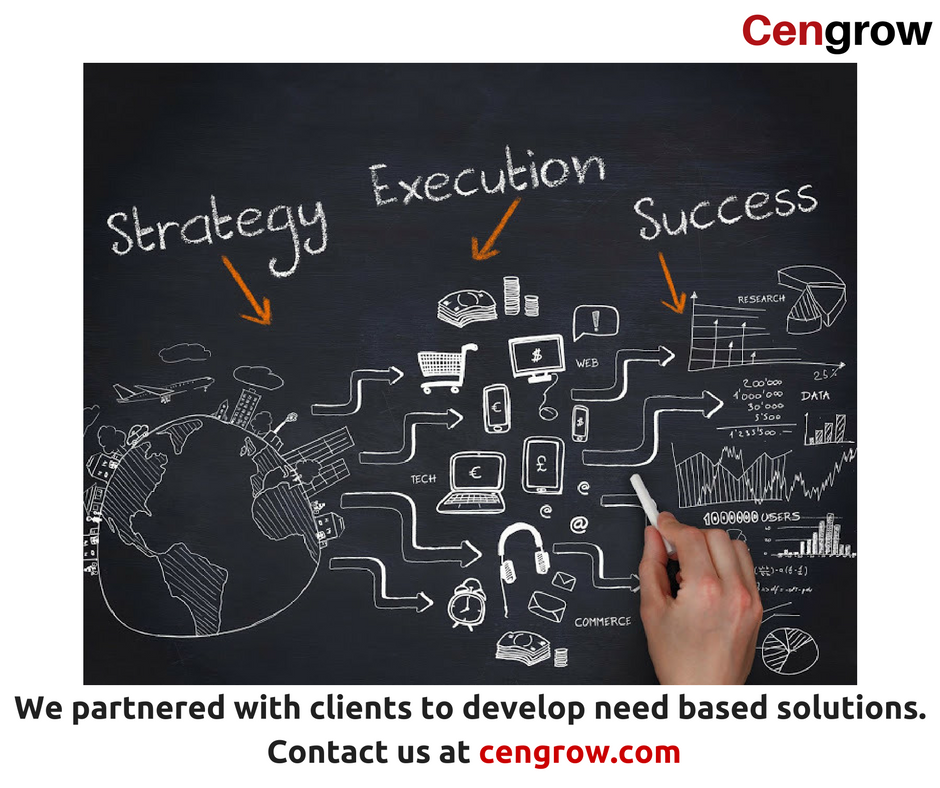Research indicates that half of all new hires fail within 18 months, but most of them fail for attitudinal reasons (personality traits, human interactions, etc.) rather than cognitive competency (brain-based skills like logic and reasoning, problem-solving, language, etc.). So as a small business owner and hiring manager, what can you do to ensure you hire the right people?
Can do – will do – will fit
As business owners, we are responsible for hiring the right people and building teams which perform well together. And the smaller the business, the more costly it is when you get this wrong.
Personality testing
One tool in the recruitment process that larger companies tend to rely heavily on uponcertainly, but is often overlooked by smaller businesses, is the personality assessment. Personality testing, also known as psychometric testing is designed to predict how people will behave in the workplace. In other words, it attempts to predict how the candidate will work, rather than worry about whether they have the technical skills to do the job. It might cast light, for example, on how the candidate will work under pressure, how they will interact with co-workers, or whether they will fit into a given team, given the existing team members’ personalities. In other words, companies rely on these tests to screen candidates for ‘good fit’ – the end goal being to reduce turnover and improve productivity.
Developers of these assessments tend to counter that the tests do have controls that detect inaccurate answers, typically by asking a question several times in different ways to test the consistency of responses. This may help correct one misunderstood question or a slip of the mouse.
Personality testing as part of the recruitment is supported with some academic credibility, and businesses should certainly apply them in particular if they are being used exclusively to predict a candidate’s fit. A lot of the time, the candidate interview, and the psychometric test are seen as two separate processes or sequential ‘hurdles’ that the candidate must jump over. Take a more integrated approach with Cengrow that is leading organization that deals in personality assessment, and address in a second interview any concerns which arise out of the test results, probing any potential ‘unwanted’ personality traits.
Ironically, sometimes the ‘will fit’ (personality fit) assessment may conflict with the ‘can do’ (Skills) assessment. Research conducted on characteristics of successful salespeople suggests that employees who are assertive and display a strong will to achieve are more likely to sell more than those who gregarious, dependable and persistent. And yet psychometric testing may well find out the suitable types because they are present right with them. It’s necessary to always relate your recruitment assessments to a conscious consideration of the specific skills and attributes you need in a particular role, rather than blindly trust in an automated evaluation process.
Visit www.cengrow.com for more information




 Our personality is what reflects are behaviour towards ourselves and how we approach or react to people and situations around us. Personality is also an important factor while considering someone for a job. Undergoing a personality test helps understand your personality and behavioural style of thinking and working practises and that influences an employer’s decision for choosing the right candidate.
Our personality is what reflects are behaviour towards ourselves and how we approach or react to people and situations around us. Personality is also an important factor while considering someone for a job. Undergoing a personality test helps understand your personality and behavioural style of thinking and working practises and that influences an employer’s decision for choosing the right candidate.